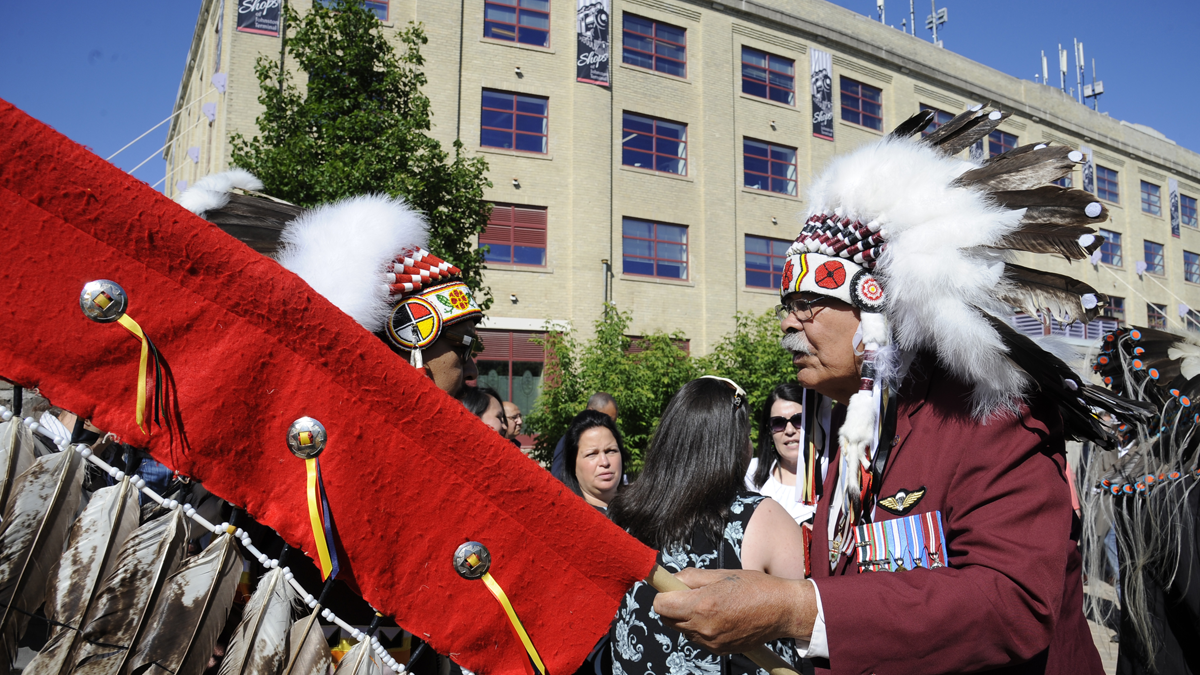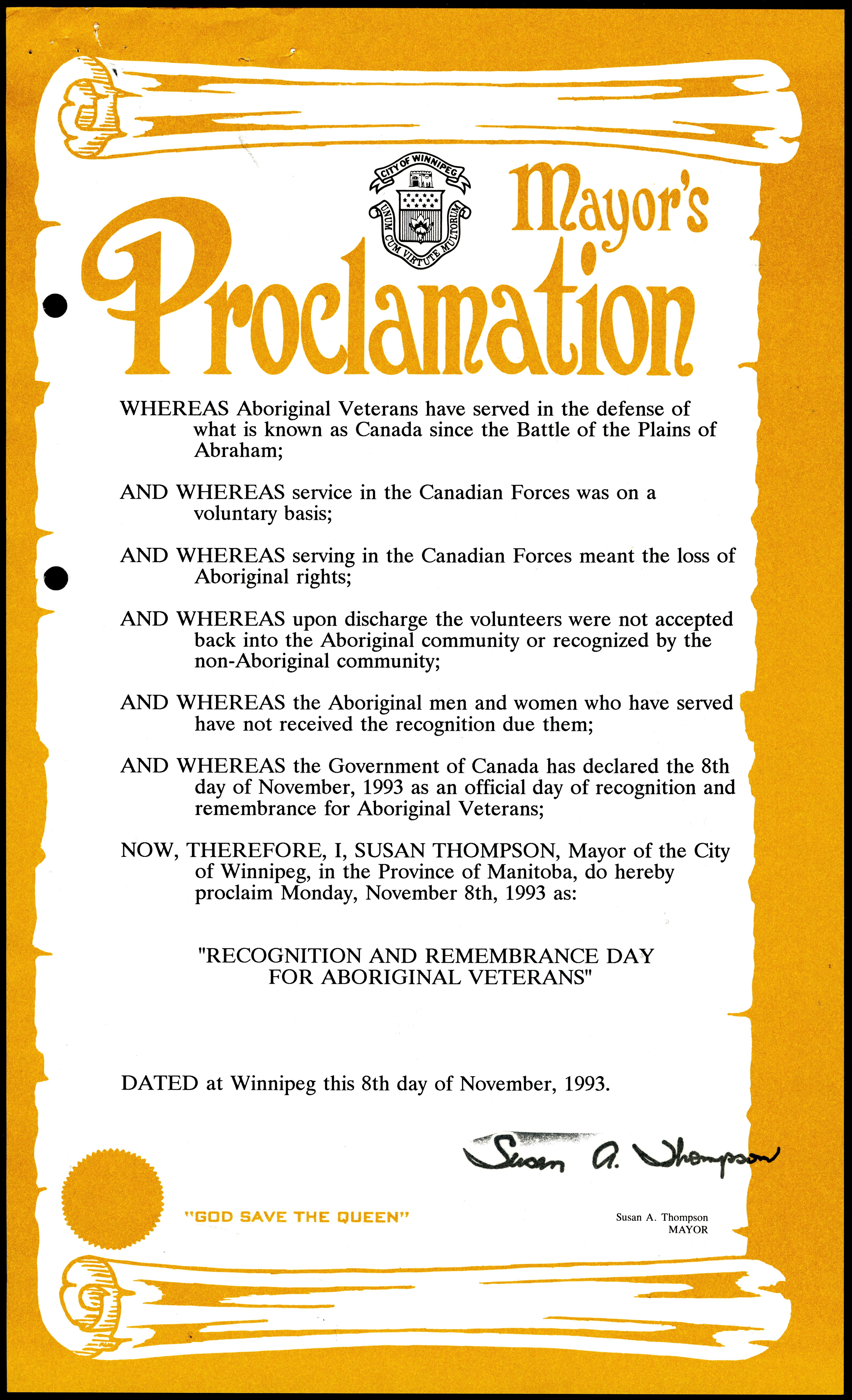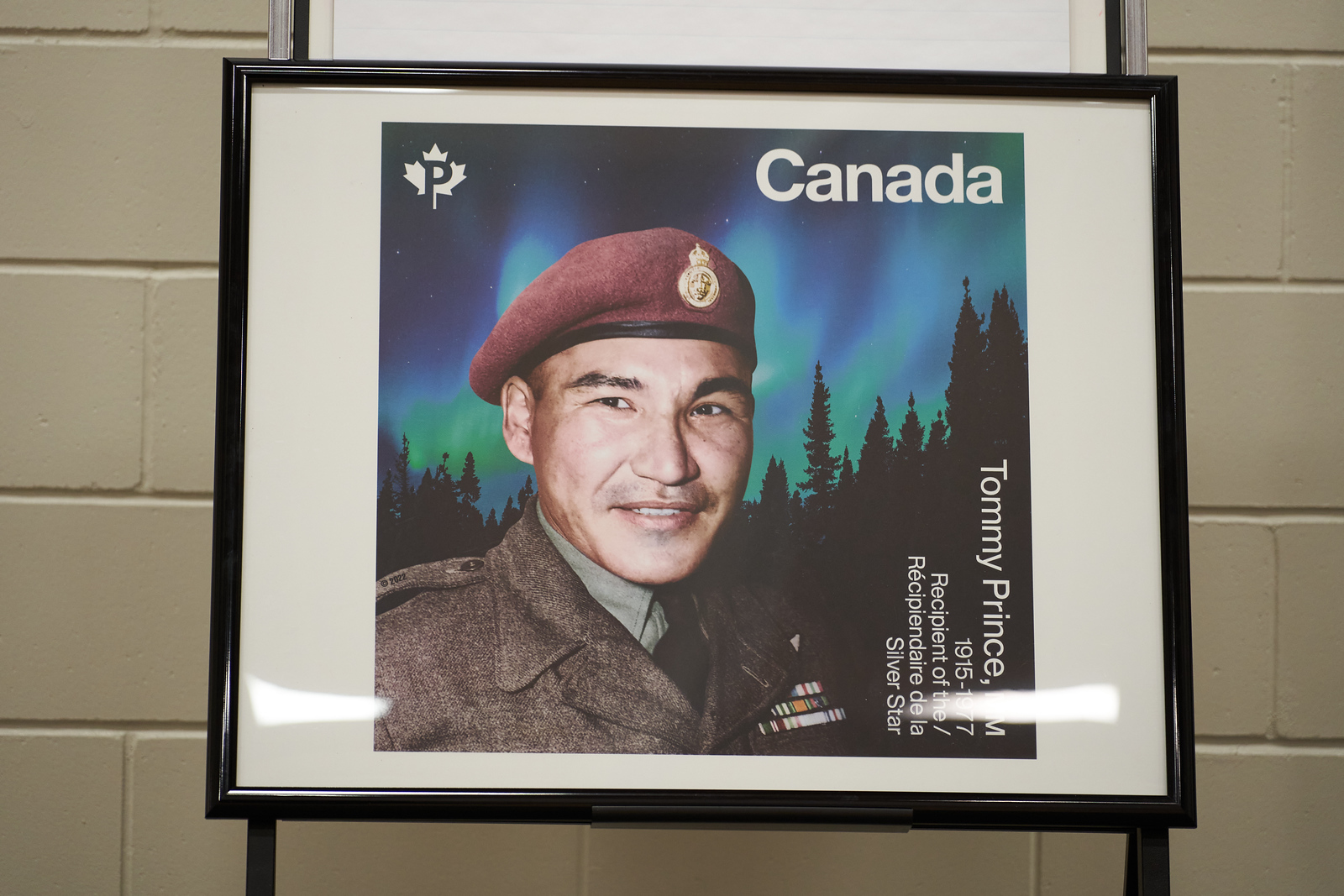
On November 8, we encourage Winnipeggers to commemorate Indigenous Veterans Day – a day to honour the First Nations, Métis, and Inuit people who have served our country.
Thirty years ago, Winnipeg became the first municipality to mark November 8 as a special day to recognize and remember Indigenous veterans.
Susan A. Thompson, the Mayor at the time, signed an official proclamation on that day in 1993, which coincided with the Government of Canada’s declaration and the opening of the “Remembering our Warriors” exhibit at the Manitoba Museum honouring Indigenous veterans. It was a way to help right something she and others thought was wrong.
“The Aboriginal men and women who have served have not received the recognition due them," she wrote in the proclamation.
It’s estimated that as many as 12,000 First Nations, Métis, and Inuit people served in the wars of the 20th century, according to the Canadian government. At least 500 of them lost their lives.

During the First World War, over 50 medals were awarded to Indigenous soldiers in Canada for their bravery while sniping and scouting, and for performing heroic acts.
Although these soldiers served on the front lines, Indigenous veterans were treated poorly compared to their non-Indigenous comrades. Some lost treaty rights when they returned from war, and were often denied access to full veteran benefits and support programs.
The discrimination they faced made their transition to life back home even harder.
“Today, Indigenous Veterans Day remains an important occasion to remember the First Nations, Inuit, and Métis soldiers who sacrificed everything, including their Indigenous rights and sometimes their lives, to protect this country,” said Cecil Sveinson, the Manager of the Indigenous Relations Division at the City of Winnipeg.
“I hope Winnipeggers will take the time to remember all the brave people who went to war – including those who had different battles to fight when they returned to Canada.”
Canada’s most decorated Indigenous war veteran is Sergeant Thomas George (Tommy) Prince.
He left his home at the Brokenhead First Nation in Scanterbury, Manitoba, to serve in the Second World War and was assigned to the 1st Field Park Company of the Royal Canadian Engineers.

By 1942 Prince was a Sergeant with the Canadian Parachute Battalion. Posted to the 1st Canadian Special Service Battalion, he was among a select group of Canadian soldiers sent to train with an American unit to form a specialized assault team.
Prince was awarded the Military Medal and the American Silver Star for gallantry in the Second World War, the Korean Medal for his service in the Korean War, the Canadian Volunteer Service Medal for his voluntary service and honourably completing 18 months total service, as well as the United Nations Service Medal for his military service in the Korean War.
We acknowledged Sergeant Tommy Prince’s sacrifice, and the hardships he endured when he returned, by naming the former North Centennial Recreation and Leisure Facility in his honour. In 2023, interpretive displays were unveiled in the centre to educate people about not only about his service but his advocacy role for Indigenous rights.
On November 8, we encourage you to take a moment to bow your head in silence to honour the thousands of Indigenous soldiers like Sergeant Tommy Prince who fought for this country.
